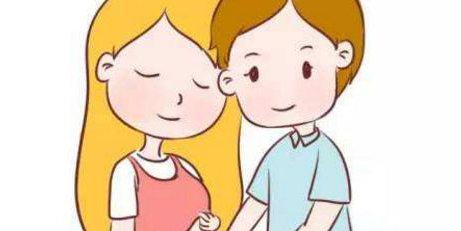To do IVF, everyone is very concerned about the success rate, but to know what the chance of success of the IVF is, we must first understand what the success rate of the IVF is related to. Beilai Fertility Center gives you a specific analysis of what cause and effect relationships need to be paid attention to.
The probability of success of a test tube is related to what factors
The odds of success in a test tube are related to the conditions of both men and women.

First of all, if the quality of the man's sperm is too poor, it must have a great impact on the formation of the embryo, resulting in unsuccessful fertilization or poor embryo quality. If the woman's ovarian reserve function is very low, the quality of the eggs is very poor, and the quality of the embryo formed will be very poor, which will greatly reduce the chances of success of the test tube. Therefore, the quality of sperm eggs is an important factor in determining the quality of the embryo, because it directly determines the developmental potential of the embryo.
Secondly, another important factor affecting the success of the test tube is the woman's endometrial environment. For example, the embryo is the seed, the inner membrane is the soil, if the soil is poor, the seed is good, it is difficult to have a good harvest. Therefore, a good uterine cavity environment is a very important guarantee factor for the development of the embryo. In addition, there are many factors that affect the success of the test tube, such as maternal immune abnormalities, hydrosalpinx, and excessive nervousness and anxiety.
Does a woman's age have a big impact on the chances of success in a test tube?
Female age has a greater impact on the success of test tubes. Why? cause
Usually, the ideal reproductive age for women is between 23 and 30 years old, and women at this age have better ovarian function and intrauterine environment, their fertility is relatively strong, and their fertility risks are smaller than those of elderly women. Once a woman is 35 years old, ovarian function begins to decline, fertility declines off a cliff, and the chance of success in doing test tubes will also be affected.
And the age of women will have a certain impact on the development potential of the fertilized egg and the embryo. As a woman ages, her ovarian function declines, the mitochondrial function inside the ovaries is insufficient, and the spindle is disturbed by oocytes when they undergo meiosis, resulting in abnormal eggs with chromosomal aneuploidy. In IVF, there will be an outcome of low egg fertilization rate and poor embryonic development potential, resulting in IVF leading to failure.
Therefore, there are many factors that affect the success rate of the test tube, such as sperm quality, embryo quality, woman's ovarian reserve function, uterine environment, endometrial conditions and age, etc., of which the age factor has the most significant impact on the success rate of the test tube.